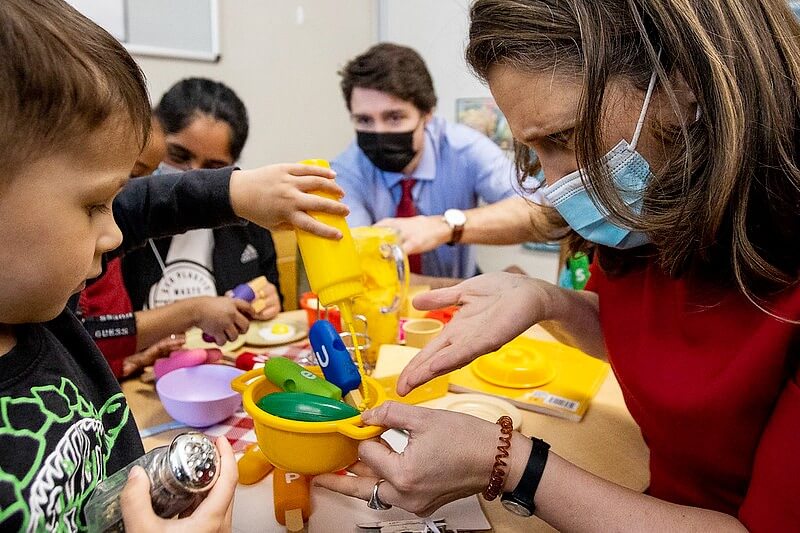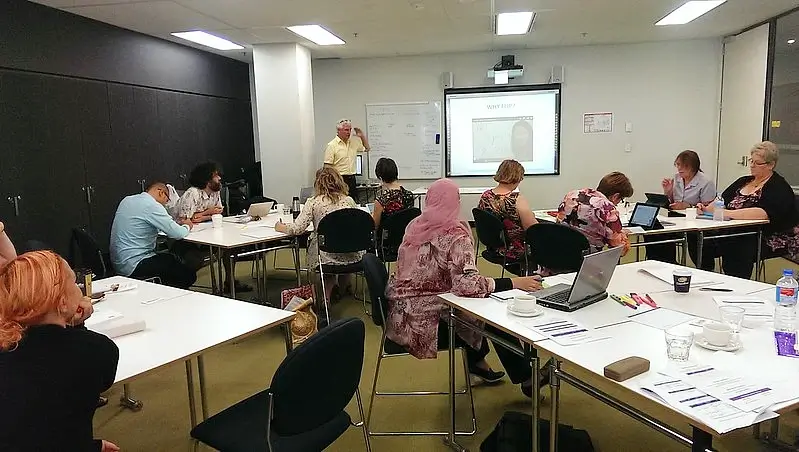In a world where knowledge is power, literacy stands as the cornerstone of personal and collective progress. On International Literacy Day, Prime Minister Justin Trudeau underscored Canada’s dedication to fostering literacy and education, spotlighting several key initiatives aimed at empowering Canadians and contributing to global education efforts.
Prime Minister Trudeau’s Commitment to Literacy
On September 8th, International Literacy Day, Prime Minister Justin Trudeau reaffirmed Canada’s commitment to literacy, emphasizing that it is essential for unlocking human potential.
In his statement, Trudeau highlighted the importance of literacy in a rapidly evolving digital world, where digital literacy is becoming increasingly vital.
This commitment is demonstrated through initiatives like the CanCode program, which has equipped over nine million students with crucial skills in coding, artificial intelligence, and other digital areas.
Over the next two years, the program aims to reach an additional 1.5 million students and train 100,000 teachers, ensuring that young Canadians are at the forefront of digital transformation.
Trudeau said:
“In an interconnected world, literacy connects people from every corner of the globe, helping us understand and be understood, no matter our country or culture. Today, on International Literacy Day, we celebrate the power of education and the ability to read and write, not only as a fundamental human right, but also as forces for positive change”

Supporting Literacy Across Diverse Communities
Canada’s approach to literacy extends beyond digital skills, embracing the nation’s cultural and linguistic diversity. Trudeau’s statement emphasized the importance of bilingualism, describing it as a source of national pride.
Through the Action Plan for Official Languages 2023-28, the government is working to enhance literacy in both of Canada’s official languages, providing Canadians with opportunities to develop skills in their first language while also learning their second.
Moreover, the preservation and revitalization of Indigenous languages remain a critical focus. The Prime Minister acknowledged the significance of the Indigenous Languages Act, which supports efforts to reclaim, maintain, and strengthen Indigenous languages.
These initiatives not only help protect cultural heritage but also contribute to improving literacy rates among Indigenous populations.
Canada’s Global Role in Promoting Literacy
Canada’s literacy efforts are not confined to its borders. Trudeau emphasized that on the world stage, Canada continues to support international education through its involvement in the United Nations Sustainable Development Goals (SDGs).
They supports the Global Partnership for Education, promoting inclusive access to education in low-income and crisis-affected countries worldwide.
Canada participates in global efforts, reaffirming education as a universal right, crucial for a just and prosperous world.

Canadian Literacy Initiatives
Initiative |
Focus Area |
Target Audience |
Goals |
|---|---|---|---|
| CanCode Program | Digital literacy, coding, AI | Students, teachers | Equip 1.5 million students and train 100,000 teachers |
| Action Plan for Official Languages | Bilingualism, literacy in official languages | General Canadian population | Enhance literacy in English and French |
| Indigenous Languages Act | Preservation of Indigenous languages | Indigenous communities | Reclaim, revitalize, and strengthen Indigenous languages |
Ongoing Efforts and Future Goals
Canada continues to implement literacy programs targeting various population segments, reinforcing its commitment to education for all citizens:
- Indigenous communities: Efforts to preserve and revitalize Indigenous languages are vital for maintaining cultural heritage and improving literacy.
- Newcomers to Canada: Literacy programs help immigrants and refugees improve their language skills, facilitating integration into society and the workforce.
- Children and youth: Early literacy interventions and educational support programs ensure that young Canadians gain essential skills for success.
- Adults with low literacy skills: Workplace literacy programs and adult education initiatives are designed to enhance employability and overall quality of life.
Canada aims to create a society where everyone, regardless of background, can reach their full potential through education.
International Literacy Day reminds us that literacy is a human right and key to a more equitable future.
Bottom Line
International Literacy Day highlights the ongoing challenges and progress in the realm of literacy, both in Canada and globally.
PM Trudeau’s statement highlights Canada’s commitment to advancing literacy through digital skills, bilingualism, Indigenous languages, and global education.
Canada champions inclusive causes, building a more informed society where literacy unlocks endless possibilities for a brighter future.
Sources: THX News & The Canadian Government.








